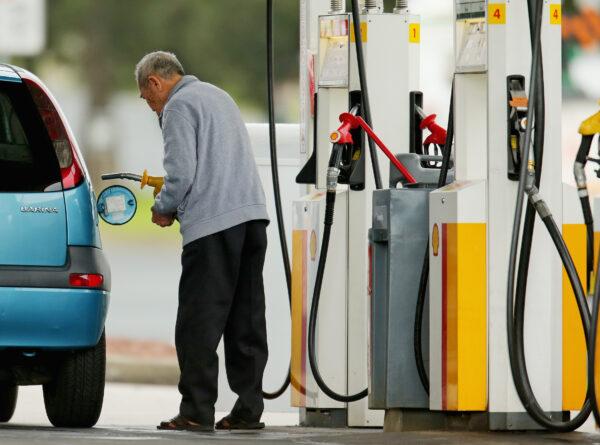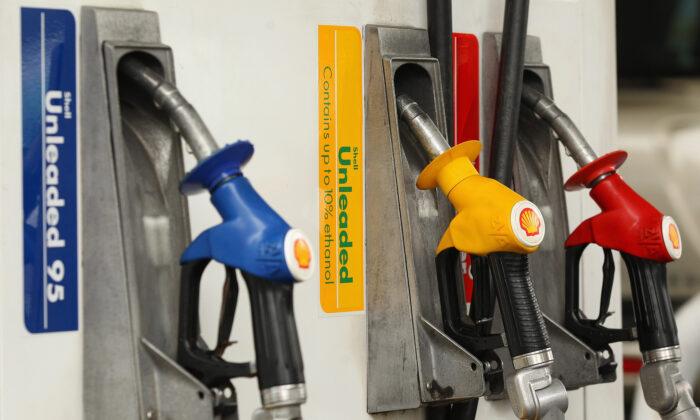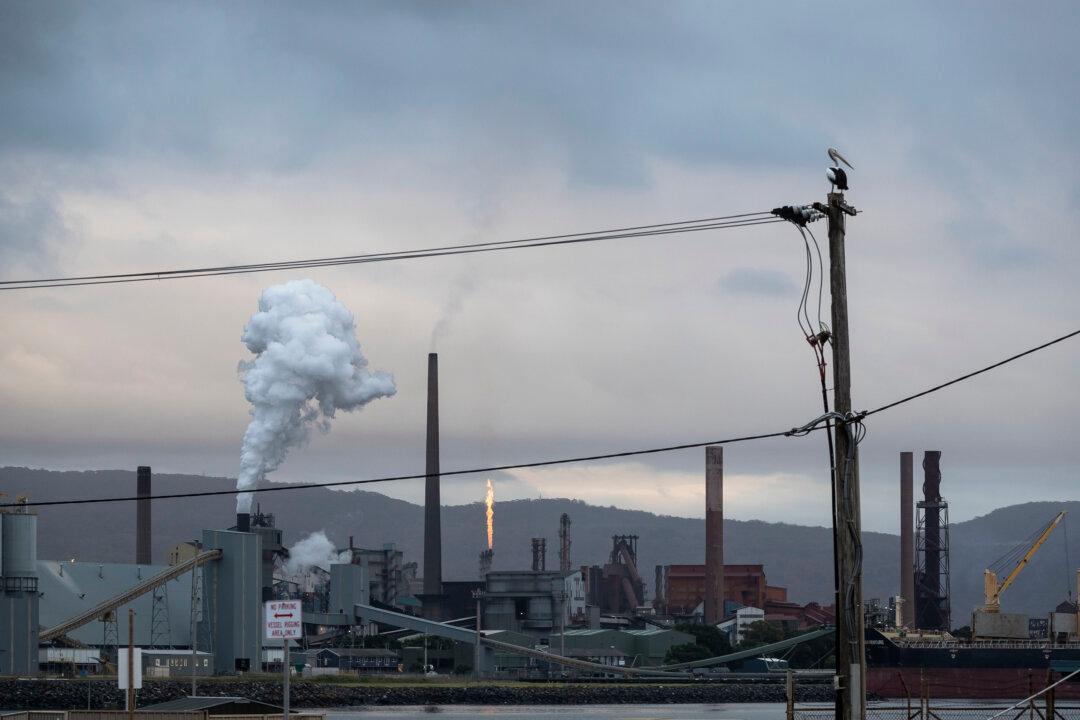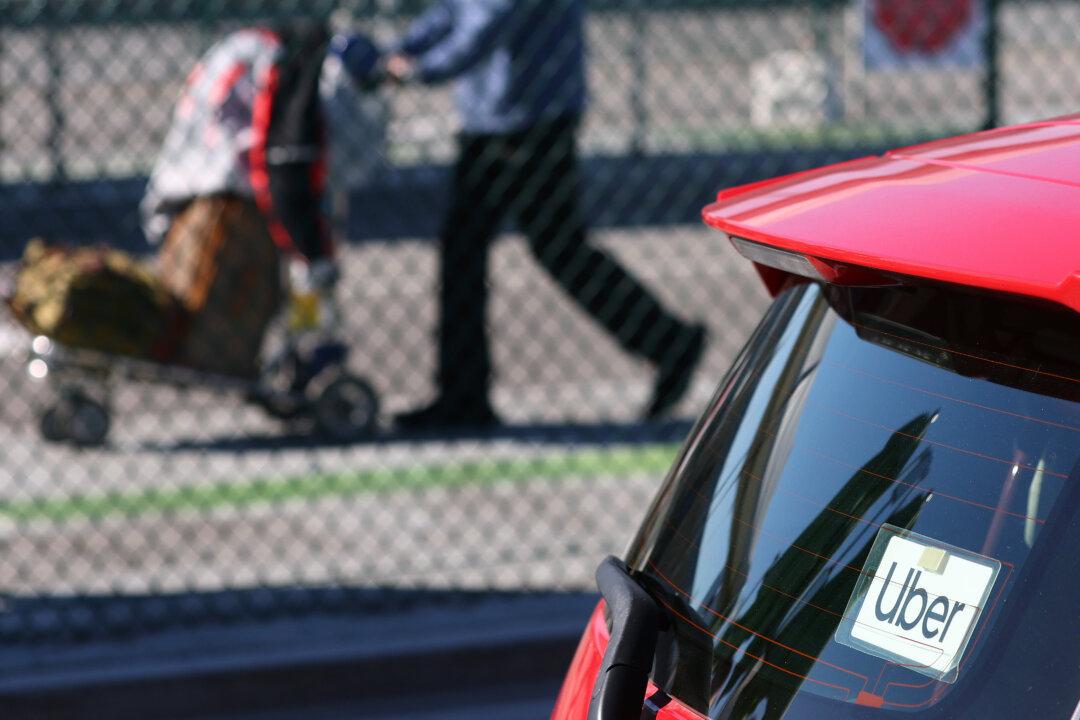Australian motorists are not likely to receive any help with the sky-high petrol prices as the federal government will not halt fuel excise tax in next month’s federal budget.
“The advice we are getting, particularly out of the International Energy Agency, is that this impact is likely to be short-term, it’s likely to be temporary,” Morrison told the Nine Network on Feb. 24.
“You don’t go and completely recalibrate your budget based on fluctuations in oil prices.”
Rod Sims, the chairman of the Australian Competition and Consumer Commission, told the National Press Club on Feb. 23 that since Australia had the fourth-lowest petrol taxation worldwide, he would advise against the government taking any action to rectify the situation.
Additionally, federal Energy Minister Angus Taylor also said that compared to the Organisation for Economic Co-operation and Development (OECD) average, petrol and diesel prices in Australia were about 25 percent lower.
Nevertheless, the above fact would not offer much comfort to the average household as they witness their fuel bills jumping to over $250 (US$179) a month, a $67 rise over the past year.
Data from the Australian Bureau of Statistics (ABS) released on Feb. 24 showed that average weekly ordinary time earnings for full-time adults stood at $1,748 as of November 2021. This represented a 2.1 percent or $37 increase compared to the previous year and fell well behind the inflation rate.
Steeply rising fuel costs have also been a major contributor to increasing inflation over the past year, pushing the consumer price index to 3.5 percent as of December 2021.

Independent research also indicates that while never having felt better financially, the average Australian household was worried about the extended impact of COVID-19 and the cost of living pressures that were gradually intensifying.
Despite the bleak outlook, economic experts expected strong household spending to have been a key driver to economic growth in the last quarter of 2021 as Australia was bouncing back from the adverse effects of Delta variant lockdowns.
Economists also predict the national accounts for the December quarter released on March 2 to show an expansion in economic outputs by around a significant three percent, following the 1.9 percent contraction in the September quarter last year.
They also acknowledge that the result is facing some downside risk after Feb. 23’s data revealed an unexpected drop of 0.4 percent in construction work completed in the December quarter, and the 1.1 percent increase in business investment released on Feb. 24 was smaller than expected.
“No doubt, household consumption will prove to be very strong during the December quarter, but this goes to show it wasn’t all smooth sailing for every part of the economy at the end of 2021,” Ernst & Young senior economist Johnathan McMenamin said.
Meanwhile, Treasurer Josh Frydenberg said the prospect of business investment in the country continued to remain robust.
“This is being driven by the non-mining sector with Treasury forecasts showing non-mining business investment is expected to lift to a record $200 billion next year,” he said.
“The strong investment activity has been underpinned by the Morrison government’s unprecedented business investment incentives, which are setting Australia up for the future.”
Frydenberg’s comments are backed up by a recent ABS survey indicating that the preliminary estimate for business investment for the 2022/23 financial year stood at $116.7 billion, 10.8 percent higher than the figure for 2021/22.






Friends Read Free